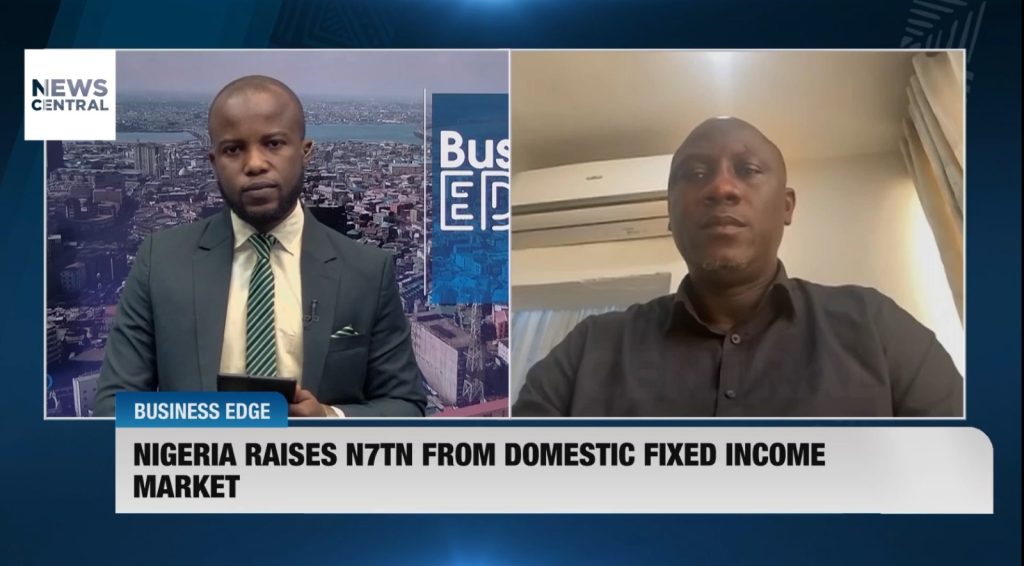Reactions continue to trail the revelation by the Director-General of Nigeria’s Debt Management Office, DMO, Patience Oniha that Nigeria successfully raised N7.043 trillion in domestic debt for the year 2023. She said this exceeded its target and points to strong investor confidence in the Nigerian economy.
Ms. Oniha said several factors were responsible for this success. She listed these factors to include the depth and increasing liquidity of the domestic market, particularly among institutional investors such as banks, asset managers, pension funds, and insurance companies.

Nigeria’s FGN securities had high subscription rates including the recent 435% oversubscription of the N150 billion FGN Sukuk bond and the 300% oversubscription of the N90 billion 30-year FGN bond. She pointed to these as evidence of this strong demand. Head, of Fixed Income and Forex at Chapel Hill Denham Securities, Oladipo Ajayi tells News Central TV “I feel like it is a very good one for SEC and the government and I think that SEC has further deepened the market so that people can come and trade”
This successful domestic borrowing comes at a time of a significant increase in Nigeria’s overall public debt, which reached N87.38 trillion by the end of the second quarter of 2023.
Domestic loans account for N54.13 trillion of this total.
Ms Oniha said she was optimistic about the government’s ability to manage this debt burden and maintain investor confidence.
She said, “Nigeria’s total public debt stock as of June 30, 2023, was N87.38 trillion ($113.42 billion). It comprises the total domestic and external debts of the Federal Government of Nigeria, the thirty-six states, and the Federal Capital Territory. Oladipo Ajayi sees a problem with this stance. He told News Central’s Business Edge on Wednesday.
‘My concern is not about the borrowing but about what we are using the money to do. When you borrow for consumption and not for production then there is a problem there.
‘The debt to GDP ratio is one of the metrics but not a potent metric. but when you look at a country like Nigeria where our Debt to GDP ratio is one of the best in the world, but yet our cost of servicing debt to the revenue generated cannot be compared to that. When you are servicing debt to close to 96 percent of your revenue it makes nonsense of your Debt to GDP ratio’ So I think that we should be looking at that. This was highly captured in the 2024 budget report when the President mentioned that they are looking at growing the revenue so that the cost of servicing debt to revenue will be 45 percent’
In April this year, the World Bank said in the report that Nigeria spent nearly all the revenues it earned last year servicing its debts.
Debt service as a proportion of government income increased to 96% in 2022 from 83% a year earlier, according to the World Bank. Low revenue and rising interest payments have left Africa’s largest economy with almost no money after paying interest on debt.


